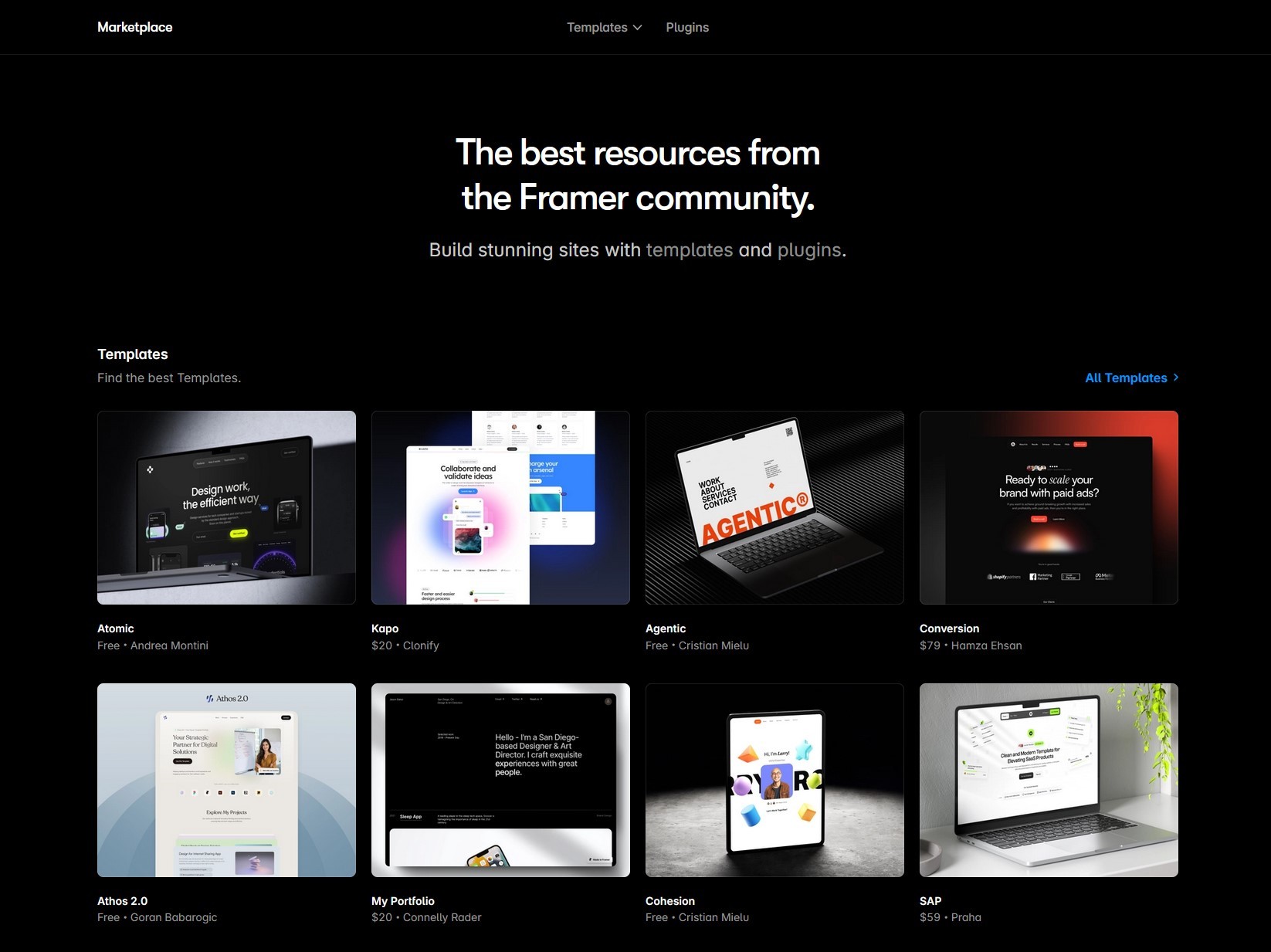Sep 19, 2024
DIY Web Design: Why Templates Are the Best Starting Point
Creating a website from scratch may seem daunting, especially if you're not a web design expert. Fortunately, website templates have become a game-changer for individuals and businesses looking to create professional, functional websites without having to hire a designer or developer. Templates offer an affordable, time-saving, and beginner-friendly solution for DIY web design, making them the ideal starting point for anyone looking to build a website.
In this article, we’ll explore the reasons why templates are the best starting point for DIY web design and how they can help you create a stunning website quickly and easily.
1. Ease of Use
One of the biggest benefits of using a website template is how user-friendly it is. You don’t need to have coding knowledge or experience in web development to get started. Most templates come with drag-and-drop builders or intuitive customization tools that allow you to change layouts, colors, fonts, and images with just a few clicks. This ease of use makes templates perfect for beginners who want to build a website quickly without getting bogged down in technical details.
Whether you're creating a personal blog, an online store, or a portfolio, templates make the web design process simple and accessible.
2. Time-Saving Solution
Building a website from the ground up can take weeks or even months, especially if you’re new to web design. With a pre-designed template, you can dramatically reduce the time it takes to launch your site. Templates come with pre-built layouts and structures, so you don’t need to spend time deciding on fonts, spacing, or page arrangements.
By starting with a template, the bulk of the design work is already done for you. This allows you to focus on filling your site with content and personalizing the design to suit your brand, getting your website up and running in a fraction of the time.
3. Cost-Effective
Hiring a professional web designer or developer can be expensive, often costing thousands of dollars for custom-built websites. For individuals, startups, or small businesses with limited budgets, this isn’t always a feasible option. Website templates, on the other hand, are affordable and come with a wide range of design options at a fraction of the cost.
Templates are an ideal way to achieve a polished, professional-looking website without breaking the bank. Many platforms offer high-quality free templates, while premium templates with advanced features are available for a one-time fee, making it a cost-effective solution for those on a tight budget.
4. Professional and Responsive Design
Website templates are designed by professionals to follow the latest design trends and user experience principles. This means you get a polished, visually appealing website that looks modern and well-structured. Whether you’re looking for a minimalist design, a bold and colorful layout, or something more corporate, templates cover a wide variety of styles to fit your needs.
In addition, most templates are fully responsive, meaning they automatically adjust to look great on any device, from desktops to tablets to smartphones. With mobile web traffic continually growing, having a responsive design is crucial for ensuring a positive user experience for all visitors.
5. Customization Flexibility
While templates offer a ready-made starting point, they’re also highly customizable. You can easily tailor the template to match your brand’s aesthetic, whether it’s adjusting the color scheme, swapping out images, or adding custom graphics. Most templates allow you to edit everything from fonts and typography to layout structures and features, giving you control over the design process without starting from scratch.
This flexibility allows you to make the template uniquely yours, while still benefiting from the ease and speed of using a pre-built framework.
6. SEO Optimization
Many website templates are designed with SEO best practices in mind. This means they include clean code, fast loading times, and proper use of heading tags and meta descriptions—all of which are important for ranking higher on search engine results pages. With an SEO-friendly template, you can build a website that’s not only visually appealing but also optimized for search engines.
By starting with a template that already includes SEO features, you save time on technical optimizations and improve your chances of driving organic traffic to your site.
7. Built-In Features
Website templates often come with built-in features and functionality, eliminating the need to install or develop additional tools. Depending on the template, you may find integrated contact forms, image galleries, eCommerce support, social media icons, and even analytics. These features can help you create a fully functional website right from the start without needing to rely on multiple plugins or custom development.
For example, if you’re building an online store, an eCommerce template will typically include product pages, checkout features, and payment gateways. This reduces the complexity of building a fully-featured website, allowing you to focus on your business rather than the technical details.
8. Community and Support
Another benefit of using templates is the large community of users and developers that support them. If you run into issues or need guidance on how to customize your template, there are often online forums, tutorials, and documentation available to help. Many platforms that offer templates also have dedicated customer support or active communities where users can ask questions and share solutions.
This built-in support makes it easier for DIY web designers to troubleshoot any problems and get their site looking and functioning exactly the way they want.
Conclusion
If you’re embarking on a DIY web design journey, website templates are the best starting point. They offer ease of use, save time and money, and provide professional, responsive designs that are customizable to fit your unique brand. With built-in SEO features, functionality, and support, templates simplify the web design process, allowing you to focus on creating and growing your online presence.
Whether you’re a small business owner, blogger, or freelancer, using a website template allows you to build a stunning and effective website quickly—no coding skills required.




